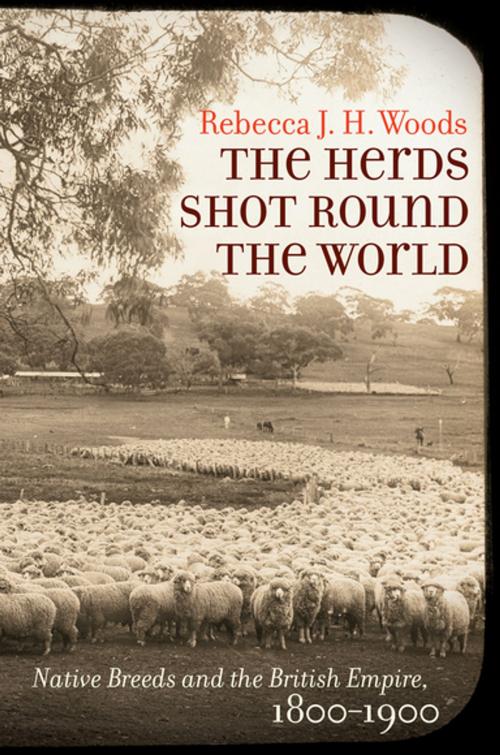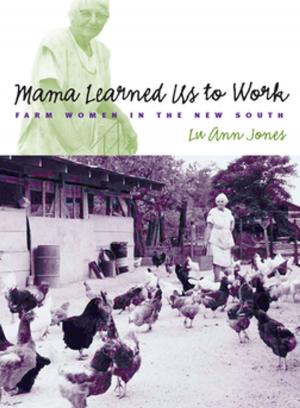The Herds Shot Round the World
Native Breeds and the British Empire, 1800–1900
Nonfiction, History, Australia & Oceania, British, Science & Nature, Nature| Author: | Rebecca J. H. Woods | ISBN: | 9781469634678 |
| Publisher: | The University of North Carolina Press | Publication: | October 10, 2017 |
| Imprint: | The University of North Carolina Press | Language: | English |
| Author: | Rebecca J. H. Woods |
| ISBN: | 9781469634678 |
| Publisher: | The University of North Carolina Press |
| Publication: | October 10, 2017 |
| Imprint: | The University of North Carolina Press |
| Language: | English |
As Britain industrialized in the early nineteenth century, animal breeders faced the need to convert livestock into products while maintaining the distinctive character of their breeds. Thus they transformed cattle and sheep adapted to regional environments into bulky, quick-fattening beasts. Exploring the environmental and economic ramifications of imperial expansion on colonial environments and production practices, Rebecca J. H. Woods traces how global physiological and ecological diversity eroded under the technological, economic, and cultural system that grew up around the production of livestock by the British Empire. Attending to the relationship between type and place and what it means to call a particular breed of livestock "native," Woods highlights the inherent tension between consumer expectations in the metropole and the ecological reality at the periphery.
Based on extensive archival work in the United Kingdom, New Zealand, and Australia, this study illuminates the connections between the biological consequences and the politics of imperialism. In tracing both the national origins and imperial expansion of British breeds, Woods uncovers the processes that laid the foundation for our livestock industry today.
As Britain industrialized in the early nineteenth century, animal breeders faced the need to convert livestock into products while maintaining the distinctive character of their breeds. Thus they transformed cattle and sheep adapted to regional environments into bulky, quick-fattening beasts. Exploring the environmental and economic ramifications of imperial expansion on colonial environments and production practices, Rebecca J. H. Woods traces how global physiological and ecological diversity eroded under the technological, economic, and cultural system that grew up around the production of livestock by the British Empire. Attending to the relationship between type and place and what it means to call a particular breed of livestock "native," Woods highlights the inherent tension between consumer expectations in the metropole and the ecological reality at the periphery.
Based on extensive archival work in the United Kingdom, New Zealand, and Australia, this study illuminates the connections between the biological consequences and the politics of imperialism. In tracing both the national origins and imperial expansion of British breeds, Woods uncovers the processes that laid the foundation for our livestock industry today.















